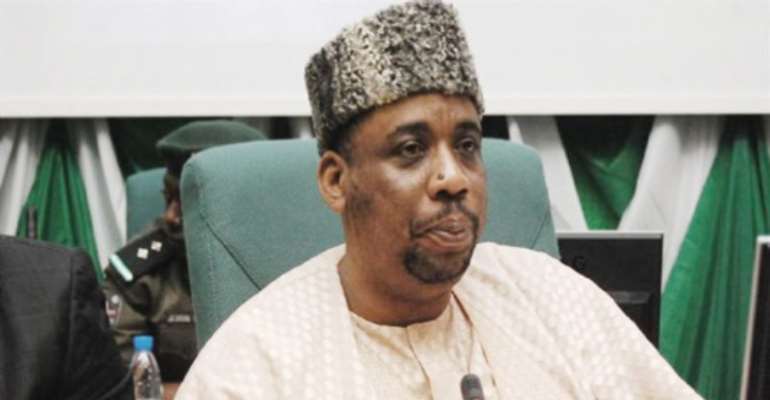Reps Proceed On End Of Year Break; To Cut Executive's Recurrent Budget

ABUJA, Dec 21, (THEWILL) - As part of its plan to reduce the cost of running government, the House of Representatives is to reduce the overhead estimates of the Executive in the 2011 budget and increase capital projects.
Deputy Speaker, Hon Usman Bayero Nafada, who said this at today’s plenary, said estimates of the Executive arm of government should be pruned downwards and channeled into capital projects.
He said this is in consonance with the resolve of the National Assembly to reduce its overhead cost for the benefit of capital projects, “the Executive would also have to comply in order for a 'horizontal and vertical' cut to be achieved, he said.
Nafada explained that while the overhead estimates of the National Assembly has been reduced by almost 30 percent, that of the Executive increased by over 37 percent.
In his contribution, Chairman Rules and Business Committee, Hon. Ita Enang, alerted that the Executive had removed all powers of the National Assembly to control how funds are received and used.
He said, "the clauses have been watered down such that National Assembly no longer has control over the budget."
Enang prayed that the Appropriation Committee should work towards bringing back the clauses so that the National Assembly can retain its regulatory function.
The Chairman also condemned the lifting of ban on certain items by the federal government because, according to him, "it is killing the economy of this country and not allowing it to develop, we must reduce and restrict imports."
On the exchange rate at N150 to a dollar, Ita condemned the move due to its tendency to cause inflation in the economy.
"It is not in the best interest of our country for us to allow our exchange rate to be pegged by an Act. Instead, it should be determined by market forces.
"At this rate, maybe we will have an exchange rate of perhaps 200 to 1 dollar next year".
The lawmaker also queried the prediction of the revenue income for funding a part of the budget on real sector, which he noted, has not grown since 2001 despite constant allocation of funds in yearly Appropriations.
The Bill however scaled through the Second Reading and was referred to the House Committees on Appropriation and Finance.
